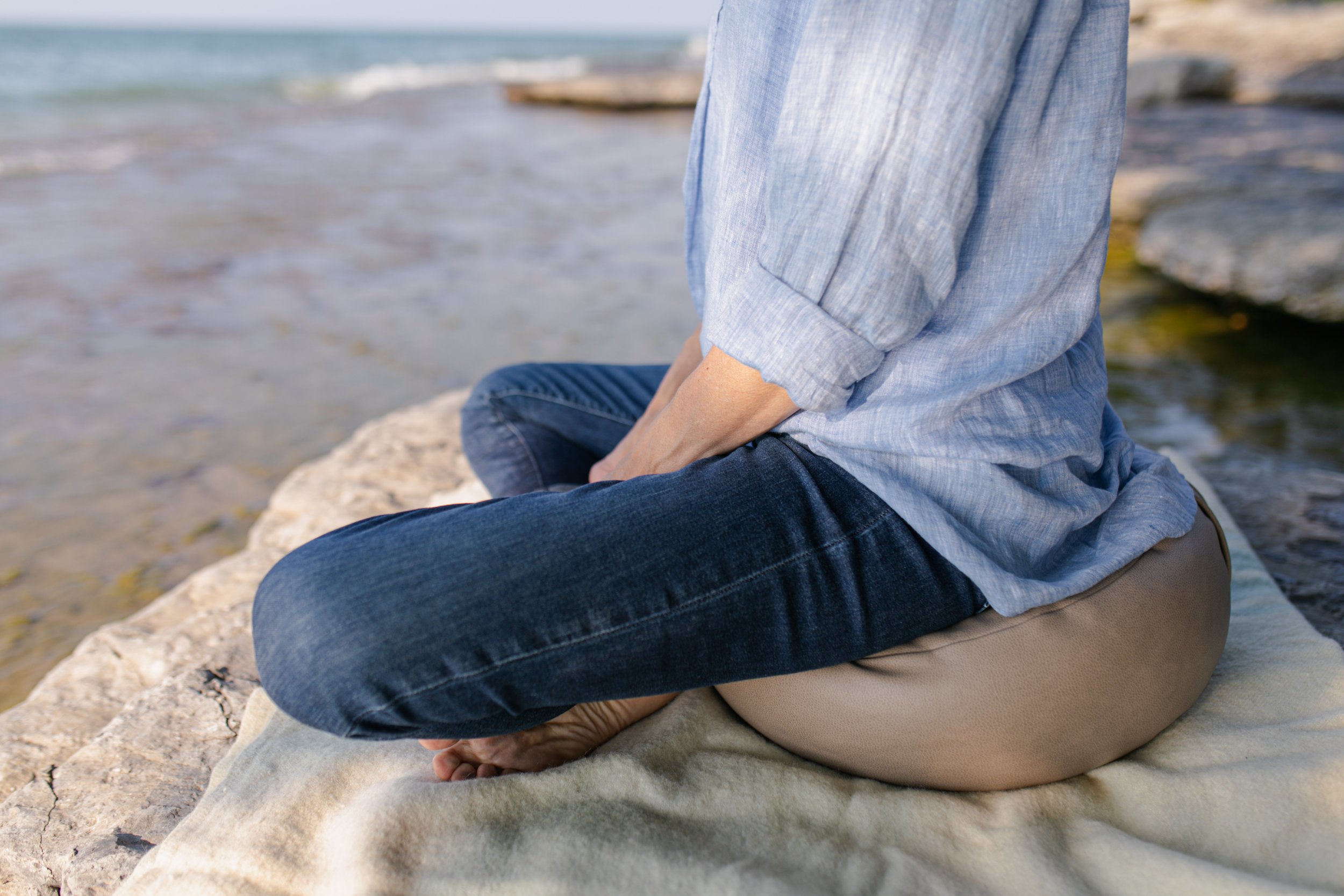
What is Mindfulness?
Mindfulness based interventions are shown to decrease a wide range of physical and psychological symptoms including anxiety and depression.
Mindfulness skills support self awareness, emotional regulation, empathy, communication, and decision making.
But what is mindfulness?
On one hand we can think of it as a tool that can be helpful for calming the mind, and decreasing sensations of pain or discomfort.
We can also think of mindfulness as an approach. If someone says they want to be more mindful, they are generally saying they want to be respectful, present and focused. Balanced. They want to think and speak clearly. They want to behave skillfully, and act purposefully.
Researcher and teacher, Shinzen Young, says mindfulness is three attentional skills: concentration, sensory clarity and equanimity, working together. This is a definition that makes sense to most of my clients (they especially love learning about equanimity) and that we often turn to in the building of a mindfulness practice. Most people can recall a time when having been able to pay closer attention, to have seen and understood things more clearly, or having been less reactive would have made life much easier. What people generally don’t realize however is that these skills are rooted in the sensory system and can be developed over time. In contrast, cognitive based models demand that we ‘remember’ how to react which isn’t always possible when the nervous system has become disregulated.
For speaking and podcast inquiries related to the intersection of mindfulness, personal growth, spirituality and health, contact: kara@karabraun.health
Another useful paradigm shared by Shinzen is of two operating principles.
First Principle: the body longs to be comfortable. There is always some part of the body wanting attention or demanding adjustment. Which means it is never at rest.
Second Principle: the mind longs for answers. There is a non-stop cycle of generating questions and demanding answers. Which means it can never be satisfied.
I love working with these principles. Aging bodies after all are only going to become less and less comfortable, and there will always be things I cannot understand or explain. Mindfulness helps me at least be prepared for these situations, if not okay with them. It is about having options when it comes to experiencing unwanted sensations. Which can in turn decrease the intensity of something unpleasant. The reverse is also true. Mindfulness can help me have a richer experience of things that are positive. In many ways, mindfulness can be like finding the control switch or volume knob of my life. I may begin to feel that I actually have more control than I realize, or that I don’t need as much control as I once thought I did. And this can be immensely freeing.



